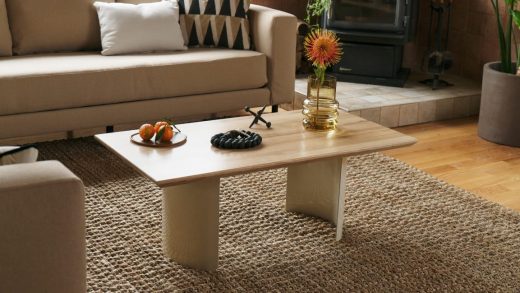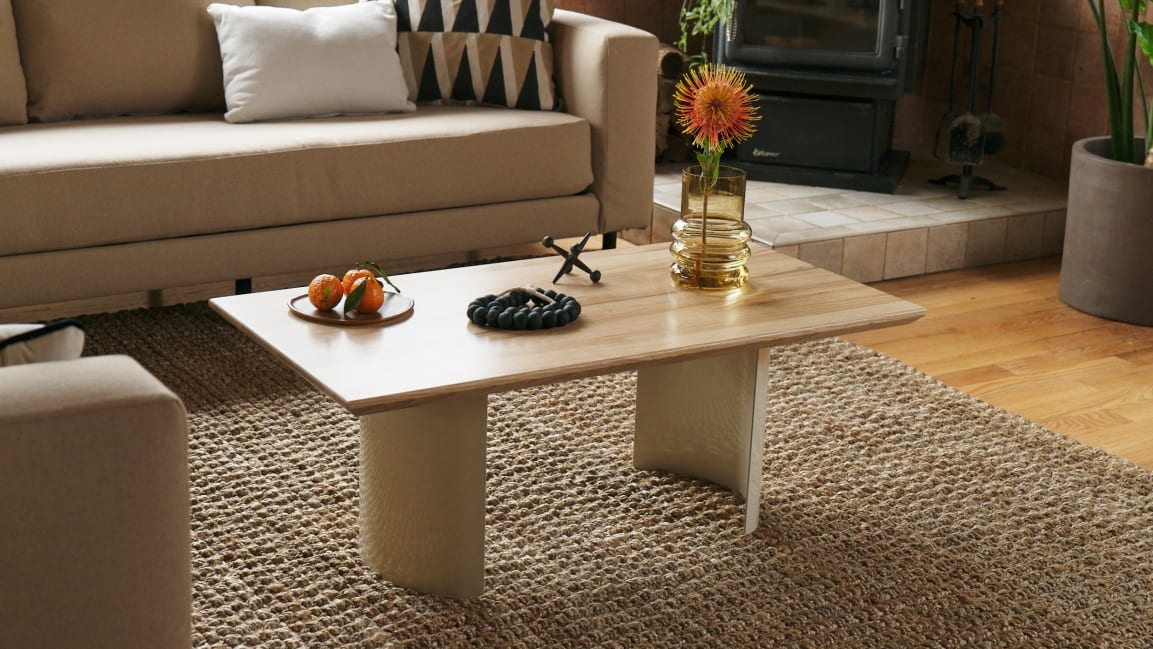This gorgeous table was made from fallen ash trees that were salvaged in Baltimore
If a tree falls in a city, and no one is there to save it, where does it go?
In U.S. cities, 36 million trees are cut down every year. Up to 95% of them typically end up in landfills—but they don’t have to. A new coffee table is coming on the market soon, and it was made of fallen ash trees that were salvaged in Baltimore, milled locally, and manufactured in South Carolina. Aptly named the City Table, it was designed by Sabai, a young, female-led furniture startup. It is part of a growing movement to source, produce, and manufacture furniture locally. At a time when 15 billion trees are harvested every year in the U.S., it also offers a promising alternative to an unsustainable wood supply chain.
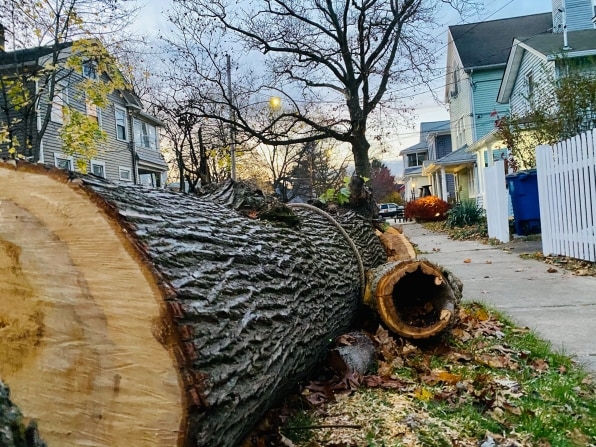
Until now, Sabai, which is based in New York City, has sold customizable sofas made of recycled materials and domestic, sustainably sourced wood. But the City Table, which costs $595, marks a shift in its approach. “Using reclaimed wood means that we’re not harvesting trees and sequestering carbon at the same time,” says Sabai cofounder Phantila Phataraprasit.
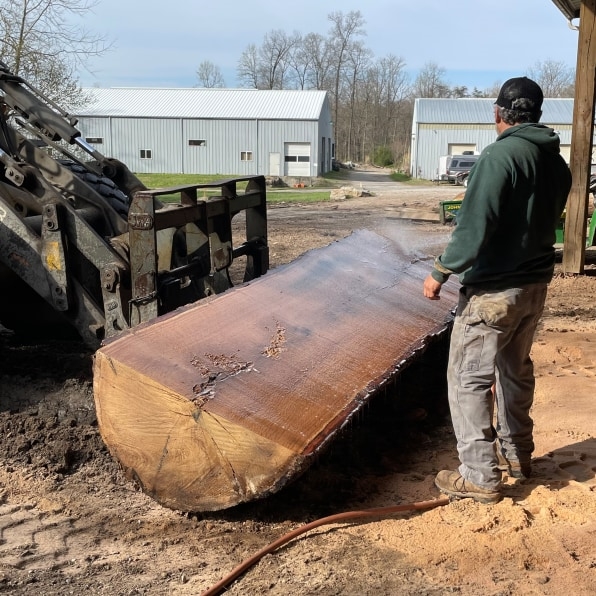
Urban wood isn’t the same as the salvaged wood you may find on a rustic barn door. Here, the fallen trees are milled into planks, so the aesthetic is much more akin to a Scandi piece of furniture, though some imperfections like marks or subtle wood grains remain. “It’s visible, but it’s still part of the story,” says Phataraprasit, whose team designed the table with rounded corners and two curved legs made of recycled steel.
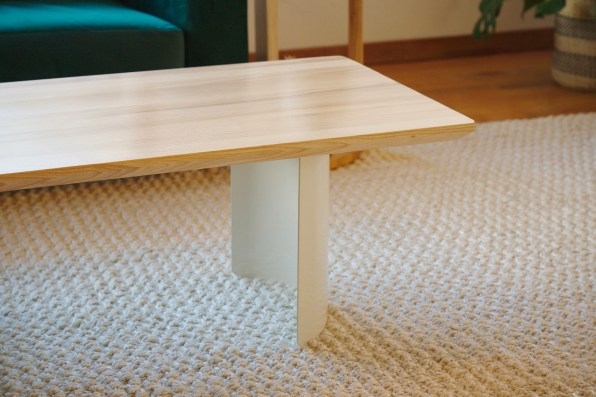
Looks aside, what’s really special about the City Table is that the supply chain behind it is both replicable and scalable. To create the table, Sabai partnered with Cambium Carbon, a two-year-old startup that works with cities, millers, and architects to save fallen trees in cities and turn them into usable timber. Since 2020, Cambium says it’s diverted 54 tons of wood from landfills, and built a network with 55 mill shops across the country.
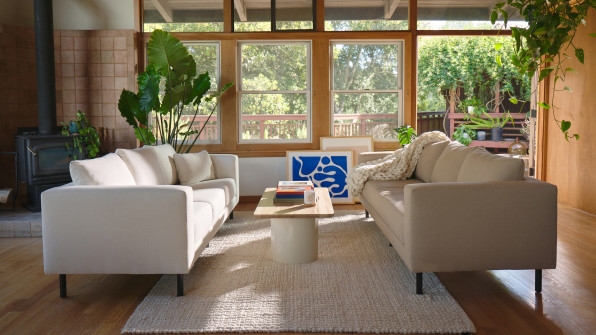
Trees fall for all kinds of reasons. Some get sick and need to be cut down, some are torn down as cities continue to expand, some are too old, and some topple in storms. The problem is only made worse as climate change leads to stronger, more frequent storms. (In 2012, for example, Hurricane Sandy ripped out more than 8,000 trees across New York City.) “It’s hard to be a tree in a city,” says Ben Christensen, cofounder and CEO at Cambium.
But why would these trees end up in a landfill? For starters, people are incentivized to dispose of trees “as quickly and cheaply as possible,” says Christensen. On top of that, there’s no established network to connect the arborists who manage tree removal with local millers who could take them off their hands. In a quest to create a closed-loop, circular model, Cambium uses software to connect both parties and help millers track, sell, and manage their inventory. (After the wood is milled, Cambium can sell the wood to furniture companies that have their own manufacturers, or Cambium can pair up companies with local manufacturers.)
To date, the company’s urban wood can be found in a variety of spaces, from National Geographic’s headquarters to an upcoming collection with OMS furniture. And when the City Table launches on June 22, it could make its way to your living room, too.
(28)

